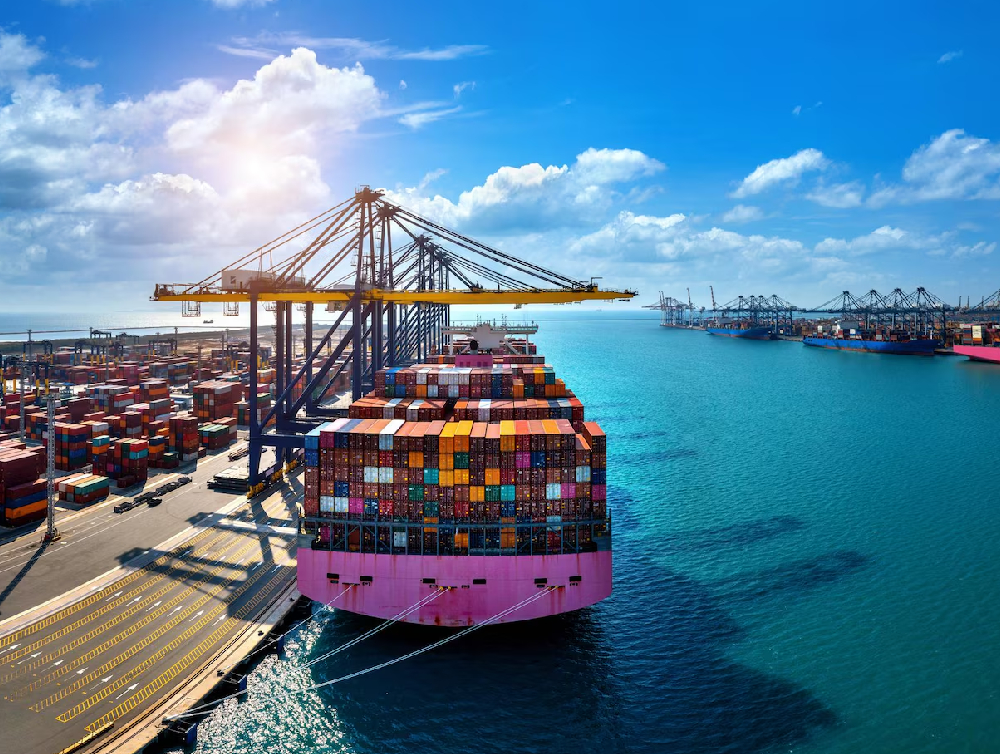In the rapidly evolving logistics landscape of the United States, 2025 has brought about a significant shift in how businesses manage their supply chains. With economic uncertainties, e-commerce growth, and evolving consumer expectations, many companies are partnering with third-party logistics (3PL) providers to stay competitive and efficient. This blog explores the key reasons behind this growing trend and what it means for U.S.-based businesses.
1. Scalability and Flexibility One of the most compelling reasons businesses are turning to 3PLs is the scalability they offer. Whether you’re a startup experiencing rapid growth or an established enterprise dealing with seasonal demand spikes, a 3PL can provide the necessary infrastructure without the need for hefty capital investment. Warehousing space, transportation assets, and labor can be scaled up or down based on real-time needs, giving businesses the agility to respond quickly to market changes.
2. Access to Advanced Technology Modern 3PL providers are investing heavily in technology to offer state-of-the-art services. From Warehouse Management Systems (WMS) to Transportation Management Systems (TMS) and real-time tracking tools, businesses can gain unprecedented visibility into their logistics operations. This enhanced transparency improves inventory management, reduces delivery errors, and enables data-driven decision-making.
3. Cost Efficiency Outsourcing logistics operations can significantly reduce overhead costs. By leveraging a 3PL’s existing infrastructure, businesses save on warehousing, transportation, labor, and technology. Moreover, 3PLs often have established relationships with carriers and can negotiate better freight rates. These savings can be passed on to customers or reinvested into other areas of the business.
4. Focus on Core Competencies When logistics are outsourced, companies can refocus on what they do best. Whether it’s product development, sales, or marketing, delegating logistics to a 3PL provider allows businesses to allocate internal resources more strategically. This increased focus can lead to better overall performance and growth.
5. Improved Customer Experience In today’s Amazon-driven world, customers expect fast, reliable, and low-cost delivery. 3PLs are equipped to meet these expectations through optimized route planning, multi-location fulfillment centers, and last-mile delivery solutions. Meeting or exceeding customer expectations can lead to higher satisfaction and brand loyalty.
6. Risk Management and Compliance Navigating regulatory requirements and ensuring compliance with ever-changing laws can be daunting. 3PLs bring expertise in handling customs, safety regulations, and documentation. Additionally, in the event of disruptions—such as weather events or labor strikes—3PLs often have contingency plans in place to mitigate risks and maintain continuity.
7. Global Expansion Made Easy For businesses looking to expand internationally, 3PLs offer a seamless gateway to global markets. With established networks, customs knowledge, and foreign market expertise, 3PLs help businesses manage the complexities of cross-border logistics efficiently.
Conclusion The increasing reliance on 3PL providers in the U.S. reflects a broader shift toward smarter, more strategic supply chain management. As competition intensifies and customer expectations continue to rise, businesses that partner with the right 3PL are better positioned to thrive. By offering scalability, cost savings, and operational expertise, 3PLs are no longer just a logistics option—they’re a competitive advantage.
Stay tuned for more insights on how 3PL solutions are shaping the future of American commerce in our upcoming blogs.





